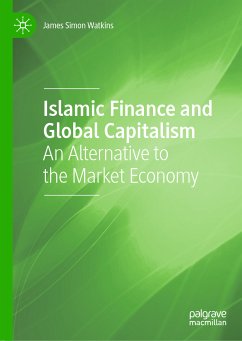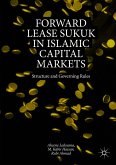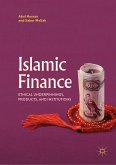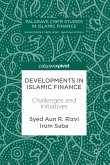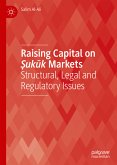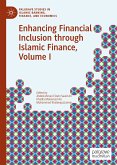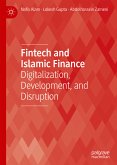This book examines whether Islamic finance and Islamic economics is challenging the orthodoxy of the money markets. Can ethical finance combined with the prohibition on interest and speculation really work in the global economy? With a political economy approach, the book explores how the industry has grown in modern times - from a short-lived bank in an Egyptian city in the 1960s through to a global industry that is today valued at US$2.05 trillion. From the revelation as articulated by the Prophet Muhammed in the seventh century through to the gleaming 21
st century skyscrapers of Dubai and Kuala Lumpur, the book covers the end of European colonialism, the controversial utterances of self-styled religious leaders, the impact of Islamophobia, and the efforts to end poverty through Islamic microfinance. The book uncovers an industry that is both profitable and changing the face of contemporary capitalism.
James Simon Watkins is a Lecturer at Regent's University London, UK. He was the Political Adviser at the Embassy of Japan in London and he has worked in the UK Houses of Parliament. He was the Chief Executive of a business group and was a UK Labour Party candidate for the 2014 European Parliament election.
Dieser Download kann aus rechtlichen Gründen nur mit Rechnungsadresse in A, B, BG, CY, CZ, D, DK, EW, E, FIN, F, GR, HR, H, IRL, I, LT, L, LR, M, NL, PL, P, R, S, SLO, SK ausgeliefert werden.

